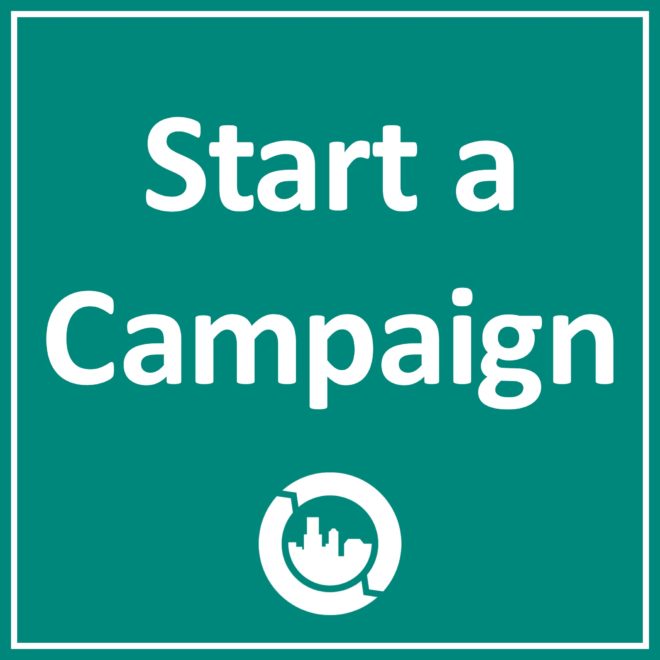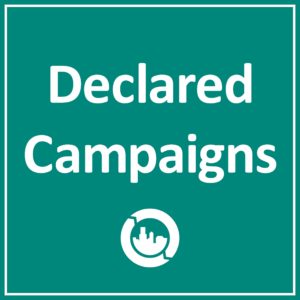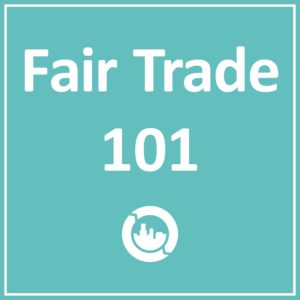Who is Fair for Life?
 How many of you have enjoyed a delicious Equal Exchange chocolate bar, or woken up to a refreshing Guiyaki Yerba Mate? Have you noticed the Fair for Life label presented to you on their packaging? Through this guest blog post, Fair Trade Towns hopes to clarify who Fair for Life is and the key features which characterize their certification system. Enjoy the post and feel free to bring your questions!
How many of you have enjoyed a delicious Equal Exchange chocolate bar, or woken up to a refreshing Guiyaki Yerba Mate? Have you noticed the Fair for Life label presented to you on their packaging? Through this guest blog post, Fair Trade Towns hopes to clarify who Fair for Life is and the key features which characterize their certification system. Enjoy the post and feel free to bring your questions!
By Kerry Hughes – Director, IMO-US
A Brief History
“Fair for Life” is a brand neutral third party certification program for social accountability and fair trade in agricultural, manufacturing and trading operations. Socially responsible and fair trade operators also need to take care to protect the environment at and around their production or processing sites. For this reason, the ‘Fair for Life’ programme includes detailed environmental criteria. The system is designed for both food and non food commodities (cosmetics, textiles etc.).
Fair for Life Fair Trade certification was developed by the Swiss BioFoundation and Institute for Marketecology (IMO), also based in Switzerland, and first came to the North American markets in 2007. It was developed as a complementary approach to the existing Fair Trade certification system, which at the time was unfortunately limited to certain products and models of Fair Trade. For this reason, and because of IMO’s extended experience in organic certification of large groups of unorganized small holder farmers, the Fair for Life system was designed to apply to a wide variety of products and models.
Behind the Fair for Life Seal
The aim of the Fair for Life certification is to ensure fair and positive relations between producers and their cooperatives or contracting companies, between workers and their employer, between seller and buyers on the world market while at the same time ensuring performance of standards.
The Fair for Life Social & FairTrade Program is based on Fair Trade International (FLO) standards and ISEAL recommendations for social standard setting. It means that the company fulfills:
- All social responsibility criteria
- Meets additional fair-trade criteria such as fair price, fair-trade premium payment and use, trade relationships in which all act as partners.

- smallholder groups have a fair relation between farmer organizations/contracting company and individual farmer
A few Companies & Brands:
- Equal Exchange, Guayaki, Alaffia, Dr. Bronner’s Magic Soap, Discovery Organics, Interrupcion Fair Trade, Canaan Fair Trade, Lotus Foods, Earthoil, Florida Food Products, and Natural Nectar.
Key Features:
- Choice between certification to Social Responsibility standards (covers all relevant labor rights) and to Social & Fair Trade standards, which includes all social standards plus additional fair-trade aspects, such as pricing and fair trade premium. While Social Responsibility certification is offered to operations world-wide, the focus of Fair Trade certification is on products from developing and emerging countries. Fair for Life is also available for certification of “domestic” production as long as producers meet fair trade criteria.
- Wide range of certifiable materials and products, including many important raw materials, mufti-ingredient products, and wild crafted produce under the FairWild Standards (many herbs and medicinal plants). Non foods product, incl. handicrafts, textiles and toys can also be certified.
- Any type of smallholder producer organizations is certifiable. This includes smallholder cooperatives and small farmers under contract by processors and traders (“contract production“), plantations and processors. Program requirements apply to all critical steps in the value chain to ensure adequate and fair handling at all stages.
- Audit of the buyer of Fair Trade materials and products, usually a company in the developed world, for verification of their fair trade practices as well as
 socially responsible management of own staff.
socially responsible management of own staff. - Buyer & Supplier cooperate closely and negotiate a fair price for all sales – not just a few “Fair Trade” consignments. Farmers always receive a fair and sustainable price for their products that covers, at a minimum, cost of production and a reasonable premium for value added organic production. Additionally a fair trade premium is paid either directly to the farmers as additional premium or into a premium fund for community projects
- Transparent system of Fair Trade premium payment and use. The buying company (importer) agrees on a Fair Trade premium with the Fair Trade supplier. It may be used by a fund for community for local development projects, such as e.g. sanitary installations in the village, healthcare, education projects, livestock programs to ensure nutritional & ecological balance or may also be paid directly to the farmers in specific situations. IMO audits payment and use of the premium to ensure that this extra premium money is fully paid to the farmers (as premium in addition to fair price) or used for intended social community projects. The buyer may be involved in the decision on how the fair trade premium is spent.
- No license fee for use of the FFL label is leveraged on participants in the supply chain. Certified entities only incur the actual costs of inspection and certification. For efficiency, fair trade inspections may be combined with audits for organic or other ecological standards (organic textiles, FSC, GLOBALGAP, bird-friendly, etc.). The “Fair for Life- Social & Fair Trade certified by IMO” and “For life- Social Responsibility certified by IMO” seal may be used on certified products.
- Certification provides maximum transparency for buyers and consumer through annual audits by qualified inspectors. Each operation will be measured against a list of published criteria. The performance ratings of all certified operations are published on the Fair for Life Website (www.fairforlife.net), together with an assessment of their social impact in their host communities.
 What’s on the Horizon?
What’s on the Horizon?
The Fair for Life Fair Trade Program continues to grow and develop according to stakeholder interests in the fair trade movement, and IMO has been keen to participate in as many events, discussions, forums and conferences as possible given their limited resources. The end of the year 2013 will see another round of standard revision discussions as the Fair for Life standard is once again opened up for comment and revision.
There has been a lot of interest in small-holder focus and how this can be made more meaningful within fair trade certification, so we anticipate there will be many comments and there may be some changes in the standard in response to this issue. IMO also continues to be a leader in ongoing equivalency discussions between other fair trade models, so we hope there will be more progress made in meaningful collaboration within the fair trade movement in the near future. .. stay tuned and visit www.fairforlife.net for recent news, events and ongoing webinars!





You must log in to join the discussion. If you are not already a member registering is easy.